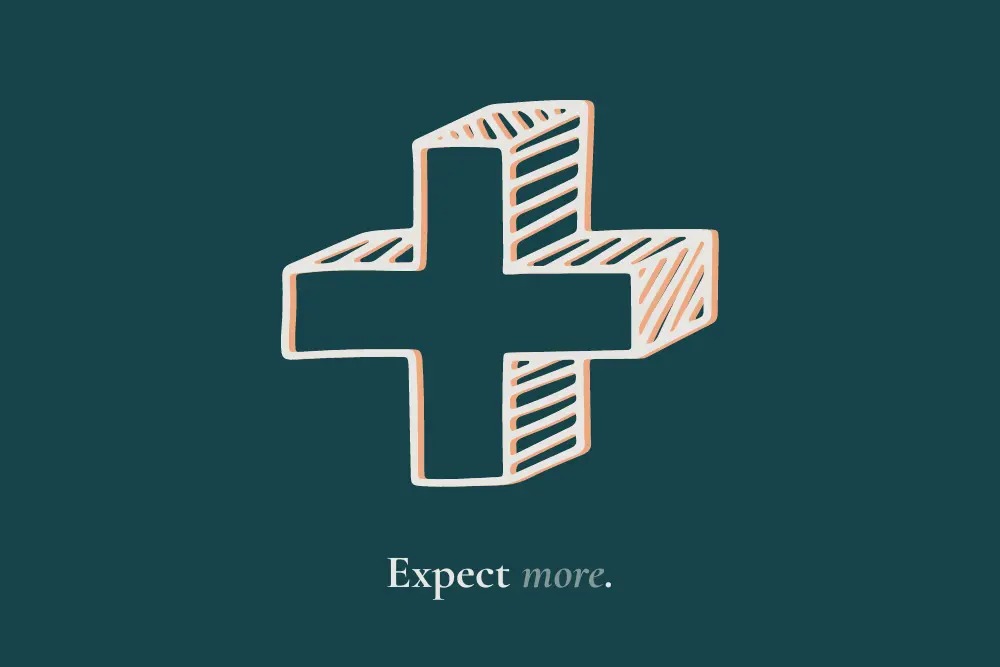Navigating Change
I’m about to head into a big career and life transition.
It’s something I’ve been working towards for many years and now it’s finally happening.
Full disclosure: It has something to do with becoming a brand new therapist here at Shift Collab, after being a social worker with a bunch of organizations!
I figure, who better to riff on new beginnings than someone who has found herself smack dab in the middle of one?
I’m not someone you might think would fear change. I love novelty and adventure but over the years, I’ve found that no matter how adventurous your spirit, change can still hit hard. While humans are complex and we all respond to situations differently, we’re mostly wired to feel safe in what is familiar and predictable—even when it’s not “good” for us.
I find because of my love for adventure, I often underestimate the impact that a drastic change in my life will have on me. Over the years, I’ve learned to slow down and surrender to the process—to radically accept that I’m not immune to the difficulty that change can be for a species that craves familiarity.
Here’s a road map for navigating change. It can be applied to starting a new job or going to a new school, to moving in with a partner or to have a child. All types of change deserve your attention.
Grieve the loss of what you are leaving behind
This often gets overlooked. Especially when we are moving towards a change we are excited about, or when leaving a situation that isn’t healthy for us. It’s easy to brush aside grief in our excitement or relief. But even if we’re leaving a situation we weren’t happy with, it is inevitably something that took up a lot of space in our lives. And especially if it was challenging, we likely learned things about ourselves and our resilience that are integral to who we are today.
“The important thing is to give space to grief. No matter what the situation was like for you, it played a role in making you who you are today and it deserves a forum.”
Maybe we found our voice to speak up against crummy conditions. Maybe we learned about our strength and capacity to stretch ourselves. Maybe we learned how to affirm our worth by saying goodbye. Almost every situation has value, even if it wasn’t pleasant to experience. Regardless of the conditions I leave, I know that bypassing grief only to focus on excitement has always made my transition more difficult.
To tap into your grief, try writing a goodbye letter to the situation you’re leaving. It doesn’t have to be all sunshine and kittens. If you have harsh truths to voice, voice them. Give voice to your whole experience. If you’re happy to be saying goodbye, say why. Towards the end of the letter, explain what the situation taught you and why you might be grateful that it happened. After you’re done, rip it up or find a safe way to destroy it. Letting go is important.
If you’re leaving behind a situation that was lovely but you outgrew it, then in addition to the letter you might want to find a happy way to honour it. Try making a memory book of your favourite pictures to honour your memorable moments. Share your memories with the people you love and trust.
The important thing is to give space to grief. No matter what the situation was like for you, it played a role in making you who you are today and it deserves a forum. By no means will one letter or memory book rid you of all your grief but it’s a starting point and a reminder that your feelings are valid.
Practice a lot of self-compassion
Adjusting to something new takes time. You won’t have all the answers right away. You’ll make mistakes. You’ll say the wrong thing. You’ll feel scared. You’ll feel uncomfortable. The good news is that this means you are a human being and not a robot! It’s important that you are kind to yourself as you navigate this new situation.
Write down five things you would say to your best friend if they were navigating this exact situation. Things like “It’s ok, you’re still learning” or “It takes time to adjust” or “I admire your courage”. When you start to feel discouraged, say those things to yourself. If you want greater impact, put your hand on your face or on your heart when you say them. Self-compassion is not just about what you could say but also what to avoid saying: if you wouldn’t say it to your best friend, don’t say it to yourself. Period.
“Change will happen regardless, but our attitudes and the way we treat ourselves through it can change our relationship to it. ”
Be extremely curious
I know it’s tempting to fall into thinking that we have to have everything figured out on day one but that’s impossible and it leads to anxiety. What you have found yourself in is one of the most glorious grace periods in all of adult life - when people expect you not to know anything! When they expect you to ask questions. When saying “Oh I didn’t know that” is actually totally legit. Instead of taking it as a sign of your own inadequacy, enjoy it! It’s a beautiful phase that’s time limited!
There will be lots of time to expect yourself to know what’s going on. This ain’t it! And thank goodness. Be a scientist. Be an anthropologist. Study your new environment with genuine interest. That way, when you discover something you didn’t know, you can be fascinated and curious instead of internalizing it as inadequacy.
Be gentle with yourself
Change is tiring. You may find you need more sleep. You may need more downtime. You may need more time listening to Bon Iver with your eyes closed. You may need to spend more time alone. You may need to pack a quick lunch instead of preparing your usual extravagant meal.
But listen, you’re using a lot of energy re-learning things you used to do with your eyes closed. Your energy reserves are going into processing and storing all this new information that will be so totally straightforward soon enough. But for now, everything takes an immense amount of effort. Try to be cool with pulling over to put gas in your tank as often as possible.
We’ve all heard the only constant is change. We don’t have to love it and we don’t have to sugar-coat it, but it certainly helps to be prepared for it. While the world around us spins, it‘s possible to be grounded in kindness and understanding for ourselves.
Change will happen regardless, but our attitudes and the way we treat ourselves through it can change our relationship to it.
This article was written by Sara Kassem during their time at Shift Collab.














.gif)







![Why You Need to Unfollow [@YourEx]](https://cdn.prod.website-files.com/625ec823c07cd8de32e1bae2/684af2346eb36cf47933e7ab_20240206T0910-707e5b7e-9802-42a3-8070-ba67b8dc33fd.webp)






![Summer Lovin' [not] Havin' a Blast](https://cdn.prod.website-files.com/625ec823c07cd8de32e1bae2/684af26ed2b68f821b628848_20240206T0910-fd1563e4-34d1-49e6-af59-9b95c717196a.webp)













































































